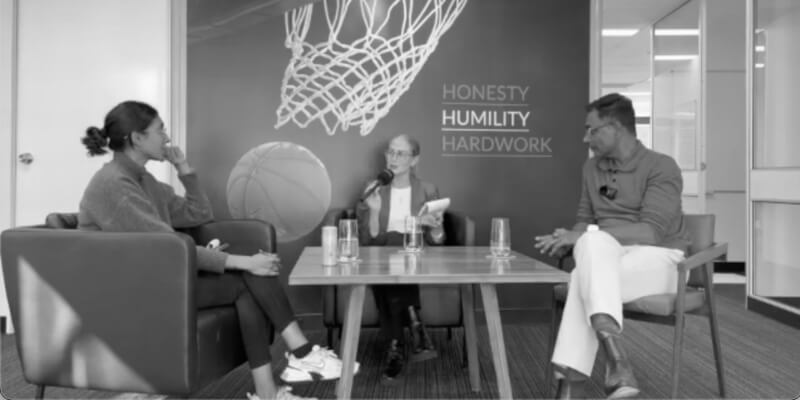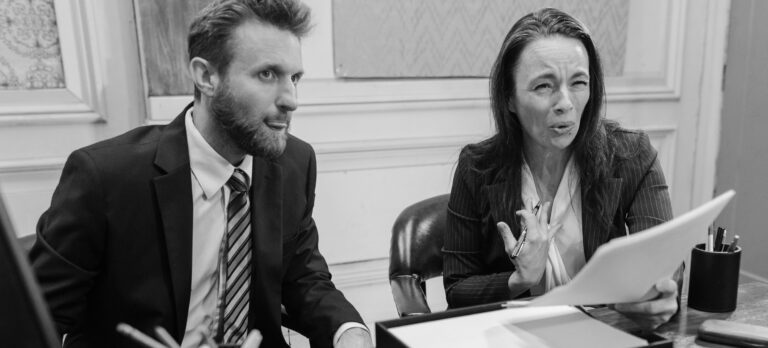Building on our discussion from last week about maximising strengths, we conduct workshops that focus on this very principle.
During these workshops, each team member is tasked with identifying and acknowledging the strengths of their colleagues. Many employees are often surprised to learn that their peers have recognised strengths they were unaware of. Even middle managers sometimes have revelations, acknowledging the validity of these strengths for the first time.
The concept that accompanies recognising one’s strengths is the responsibility to harness and develop them. To this end, we emphasise commitment and accountability.
This approach involves understanding one’s strengths, contributing them to the team’s efforts, and how the team can support each individual in being accountable for utilising their strengths. Success is achieved when each member fulfils their commitments, leading to the entire team’s victory.
However, your weakness needs to be above a baseline. Otherwise, it is a liability to the team and puts them at risk. So, each weakness needs to get to a manageable level. Once you get past this (for a team of around 12 people), you can find people around you to make your weaknesses irrelevant.
How do you talk to employees about areas of support? In a trustworthy and vulnerable environment (must have a high level in the team), everyone will site their area of support and say okay; for instance, English is my second language, and I need someone to proofread my written reports before they are sent to clients.
Before this, we ask everyone on the team to share an extremely vulnerable moment in their lives, which is decisive for building trust. So, we don’t like the word weakness. We want it to be this self-reflection. But this needs to be done in a safe and professional environment.
Your Hosts

Saarrah
Mathinthiran

Nick
Marvin

Ella
Barwood




